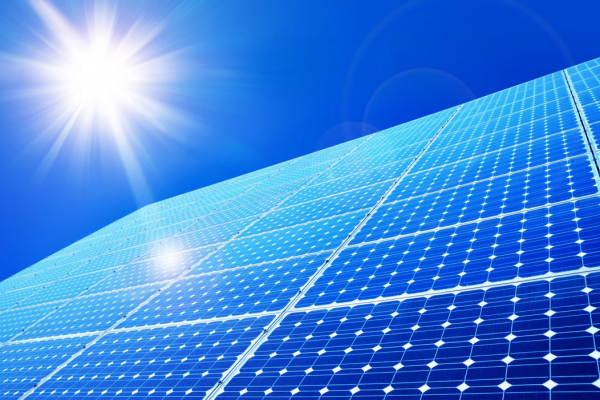
ABOUT 2 800 households in Gwanda South are set to benefit from a solar power project by a developmental non-governmental organisation that will also power three irrigation schemes, a clinic as well as five business centres.
BY EVERSON MUSHAVA
The project by Practical Action, a developmental charity whose regional operations are headquartered in Harare, covers a 25km radius in the marginalised Manama area in Gwanda South. The project will be handed over to the community today.
Energy minister Fortune Chasi is expected to officiate at the handover ceremony, also to be attended by European Union delegates and various other stakeholders.
Practical Action knowledge management and communications co-ordinator for the Southern region, Innocent Katsande, confirmed the development.
“The solar project will be handed over tomorrow (today),” Katsande said.
“The major aim of the project is to promote universal access to modern energy services for 10 000 rural men and women in 2 800 households in Gwanda South, contributing to better economic and social well-being.” “The project demonstrates a business and financial model of providing decentralised renewable energy through a partnership of public and private sectors and donors.”
According to Katsande, the project was jointly funded by the European Union (EU-ACP), United Nations Development Programme (UNDP), the OPEC Fund for International Development (OFID), the Global Environmental Facility (GEF) and implemented by Practical Action, SNV, CARD and Dabane Trust, with the support of government ministries and departments
- Chamisa under fire over US$120K donation
- Mavhunga puts DeMbare into Chibuku quarterfinals
- Pension funds bet on Cabora Bassa oilfields
- Councils defy govt fire tender directive
Keep Reading
“The objective of the programme is to contribute to the attainment of solar energy for all and aims to ensure universal access to modern energy services, and enhancing the socio-economic wellbeing of 30 000 rural men and women in two countries through access to modern energy.”
Katsande said the Gwanda project has a 99kW decentralised mini-grid, two energy centres and two stand-alone power units capable of selling power to three irrigation schemes, five business centres, a clinic, a school and a study centre.
It also has an energy centre that supports economic activities such as cold-rooms, agro-processing, welding and other similar activities that require substantial energy.
The study centre houses facilities that provide ICT, e-learning, internet, TV, after-hours study and community information.
The energy kiosks provide for household energy requirements such as lighting, mobile phone charging, entertainment and battery charging, among other low-energy uses.











